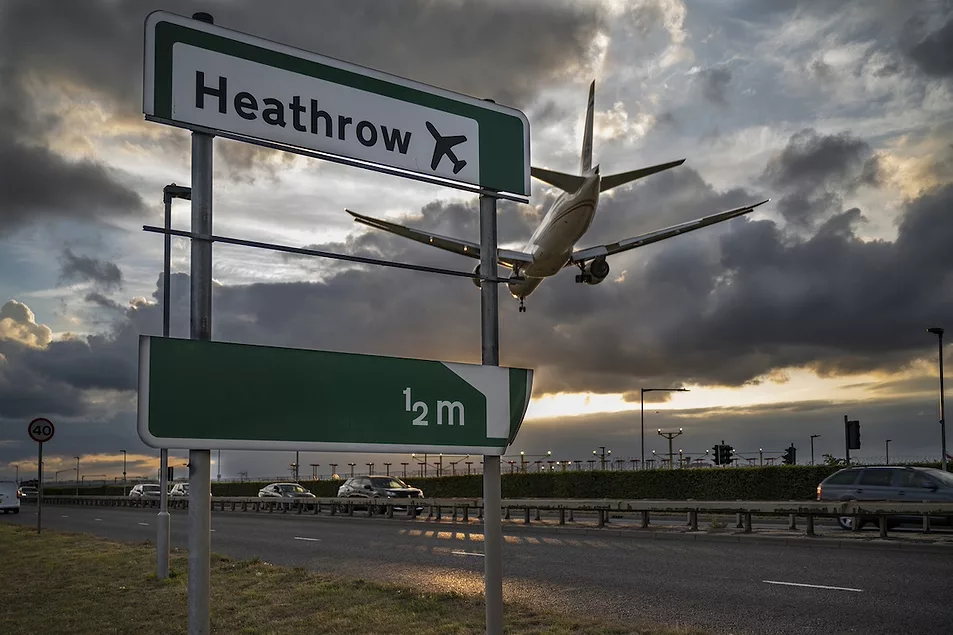Heathrow Airport is considering suing U.K. electricity provider National Grid plc, blaming it for the March 21 fire that caused the airport to shut down for 24 hours. The interruption led to the cancellation of more than 1,300 flights, and stalled all air traffic through the major travel hub, including air freight.
According to BBC News, a report released July 1 by the National Energy Systems Operator (NESO) found that the fire was a result of a known fault at an electrical substation that supplies Heathrow, and that National Grid, which owns the substation, had been aware of a problem since 2018 but failed to fix it.
There were numerous opportunities to rectify moisture affecting electrical parts at the North Hyde substation, but maintenance was repeatedly deferred, the report said. It added that “it was not known to the energy companies” that the loss of one of the electrical supply points — of which Heathrow has three — would result in a power outage to some of the airport’s critical systems.
“The review also found that energy network operators are not generally aware whether customers connected to their networks are Critical National Infrastructure,” it said.
Airlines based at Heathrow have said the closure on March 21, and subsequent delays cost carriers between £80 million ($108 million) and £100 million. According to the Stat Trade Times, Heathrow handled 1.58 million tonnes of cargo worth £215.6 billion in 2024, accounting for 72% of all U.K. air cargo by value. A majority of this cargo — 95% — was carried in the belly of a passenger aircraft.
Following the release of the NESO report, U.K. energy watchdog Ofgem launched its own investigation into National Grid’s compliance with its license conditions. “It has been established that the root cause of the fire was a preventable, technical fault,” Ofgem said in a statement reported in the Financial Times.
On July 22, New York-based securities litigation law firm, Levi & Korsinsky notified investors that it has commenced an investigation of National Grid, which is listed on the New York Stock Exchange, concerning possible violations of federal securities laws.
More than 270,000 journeys were affected by Heathrow’s shutdown, and the impact was felt beyond the airport, with “essential services” including road, rail and Hillingdon Hospital affected, NESO said.
The power failure and subsequent closure of the U.K.’s busiest airport has raised wider questions about the U.K.’s major infrastructure resilience.


